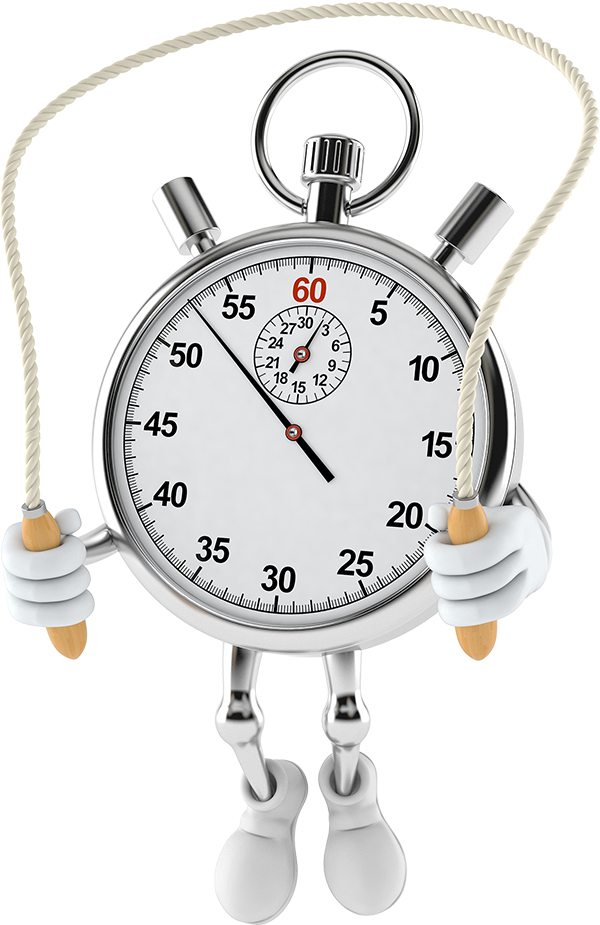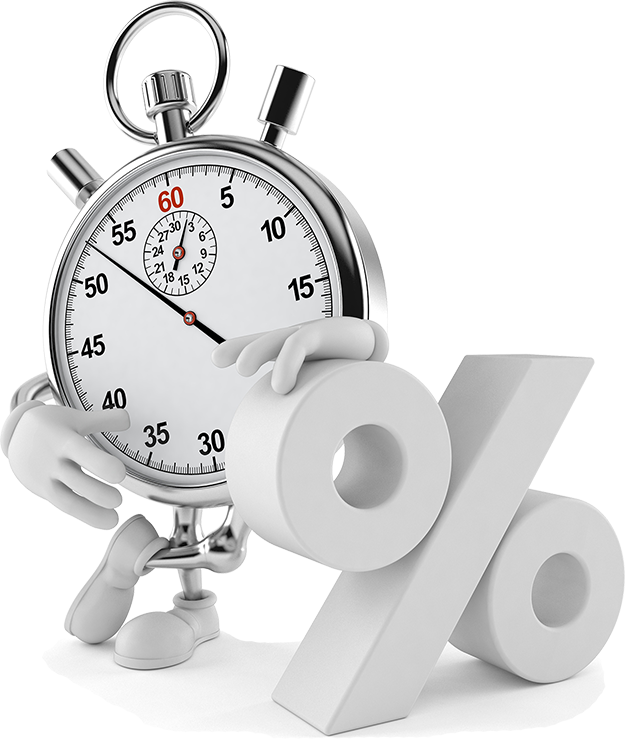Unsecured Loans
Same-day loans without the need for paperwork.
94% all UK loans of less than £5000 are unsecured.
Unsecured means speedy decisions and fast payouts that wouldn't be possible if they were secured against assets.

94% all UK loans of less than £5000 are unsecured.
Unsecured means speedy decisions and fast payouts that wouldn't be possible if they were secured against assets.

Representative Example: Amount of credit: £1500 for 11 months at £169.69 per month. Total repayment of £1866.59. Interest: £366.59 Interest rate: 46% pa (fixed). APR rates range from 22.3% APR to 112.5%. Credit broker not a lender. Warning: Late repayment can cause you serious money problems. For help visit Money Helper

At Quick Loans, we understand that unexpected financial challenges can arise for anyone. Whether it's a larger-than-expected gas bill or a sudden vehicle breakdown, we're here to help you navigate those emergencies without judgment.
Choosing an unsecured loan with us means quick and transparent solutions. Our straightforward application process takes just a few minutes, and you'll receive a decision within approximately 2 minutes. What's more, once approved, the funds will be in your bank account within half an hour.
We take pride in providing a hassle-free experience, ensuring you have the support you need when unexpected expenses pop up. Trust Quick Loans for swift and reliable financial solutions tailored to your needs.
Unsecured loans that range from £100 all the way up to £5,000. Money paid directly into the borrower’s bank account within the hour, and lenders who take into account that our applicants can have varied and difficult credit histories when making decisions.
"Unsecured" means that no asset (house, car, lawnmower, watch, etc.) has been signed over to the lender as security in the event that the borrower fails to make repayments and defaults on the loan agreement. The lender doesn’t have to take physical possession of an asset for it to act as security.
The rationale behind it is that the lender would sell the asset to recoup either all or part of the money they had previously lent to the borrower. The upside for the lender is that they won’t lose as much money if the borrower doesn’t make the repayments. The downside for the borrower is that they will lose whatever item they handed over if they can’t repay the loan.
On the other hand, if all goes as planned, once the loan and interest are repaid in full, the lender will sign the asset back over to the borrower. All mortgages and car loans are secured forms of lending.
While our industry is subject to strict regulations, we acknowledge the past mis-selling scandals that have affected short-term borrowers. As a responsible platform, we are dedicated to working exclusively with lenders who prioritise the welfare of borrowers. Our Quick Loans brand integrity is paramount, and we refuse to compromise on this principle. Our partner lenders adhere to transparency by providing clear information on charges, repayment schedules, and other crucial details upfront.
Furthermore, we strictly prohibit any lenders from engaging in marketing practices directed at our customers without their consent. Should any borrower encounter discrepancies or concerns, we encourage them to contact us immediately. We will promptly investigate and address any issues to ensure the highest standards of service and integrity.
The speed at Quick Loans sets us apart. We provide real decisions in less than 2 minutes, 24/7. Whether you apply at 2:00 in the morning on Christmas day or 14:00 on a Wednesday afternoon, you'll receive the same swift decision. And by "real decision," we mean all checks completed and funds ready to be sent directly to your bank account.
Unlike secured loans, which often require manual verification processes, our unsecured loans streamline the approval process, ensuring you get the assistance you need precisely when you need it.
Extremely fast payouts mean money in your bank account in as little as 15 minutes after completion. While we ask applicants to allow up to an hour, unsecured payouts typically occur within minutes, compared with the days or weeks associated with secured alternatives.
Lower loan amounts. Whilst this may not at first appear to be a positive, unsecured loans are usually less than £3,000-£5,000 and this acts as a limit to the amount of financial trouble a borrower can find themselves in. We always recommend that borrowers under borrow rather than over borrow.
There are no administration fees for processing an unsecured loan application. Since lenders don’t need to manually complete paperwork on assets, there are no upfront costs associated with applications. On the other hand, mortgages, remortgages, logbook loans, and similar options often entail some form of administrative charge to cover the higher processing costs.
By not requiring security, lenders are opening their services up to a significantly wider pool of borrowers. Applicants no longer need to be homeowners or car owners with vast amounts of equity available. Now, tenants can use our services and still qualify for credit. Go back just 20 years, and tenants were often excluded from mainstream loans. Most of the adverts on TV and in the back of newspaper openly stated that only mortgage holders could apply.
They are more expensive for borrowers. As the lender is taking more of a risk—in fact, all of the risk—lenders need to charge more to cover the cost of borrowers who never repay the loans. Secured loans can be as low as 5%, whereas unsecured loans start at 13% and can easily go above 100%.
They are easier to be approved for, meaning they are more likely than secured loans to land people in financial difficulties. For every 100 secured borrowers, 2.1 default each year. That number rises to 8.4 per 100 with unsecured loans.

A bit more about our services
Several forms of unsecured lending exist, including credit cards, doorstep loans, store cards, overdrafts, Buy Now Pay Later schemes, and more. These types of lending do not require borrowers to provide security. Every year, new versions of unsecured lending emerge, but many prove unprofitable and disappear quickly from the market. However, some, like Buy Now Pay Later schemes, have gained traction and are likely to remain for the long term.
The FCA couldn’t ban Unsecured Loans even if they wanted to; the UK economy would collapse overnight. The FCA has previously imposed restrictions on certain types of Unsecured Loans, such as Payday or Short-Term Loans (those with a duration of less than 12 months). The significance of these loans cannot be overstated; they are a vital part of our economy removing them would be unthinkable.
We operate in the Unsecured Market, but we are not an Unsecured lender. In 2017, we relinquished our FCA permissions to lend directly to consumers. For a number of reasons, it was no longer viable to continue lending. We felt that it was important to provide more choice to borrowers, and we believed that we could best do that by stepping back from the front line of lending. Many former lenders have since made the same decision.
It is true that Payday Loans are usually unsecured loans, but not all unsecured loans are payday loans. The original payday loans (1 installment loans) are very rare these days. In 2024, we would say less than 0.01% of loans in the UK are one installment loans.
Excellent question! We've designed our system to enhance the likelihood of application approval by leveraging our extensive network of affiliated lenders. Through a single application form, applicants gain access to over 20 potential lenders. From this network, we select the best option for the applicant, considering factors such as affordability, interest rates (APRs), and preferred loan terms.